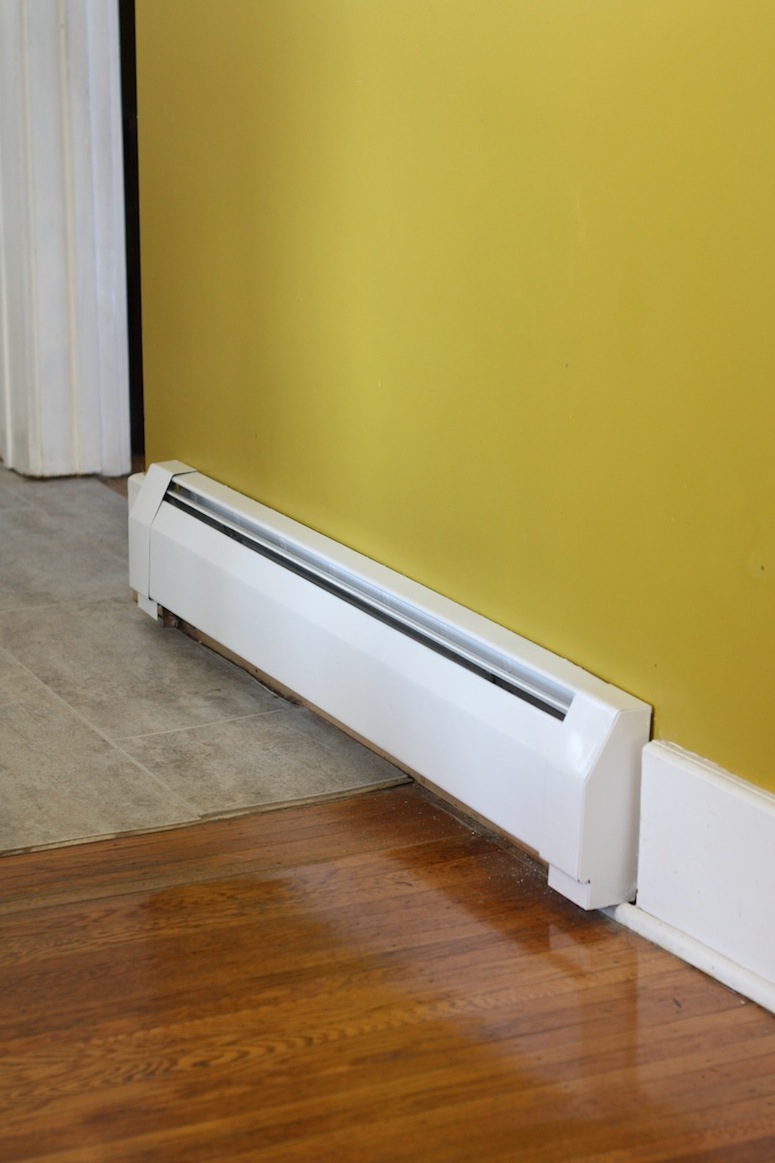

- #RADIANT FLOOR HEATING COST ELECTIC VS GAS BOILER HOW TO#
- #RADIANT FLOOR HEATING COST ELECTIC VS GAS BOILER INSTALL#
One big advantage of having a water-based underfloor heating system is that it requires a lower water temperature to heat the room that it is in. These pipes will be linked to your home’s boiler and water will be pumped through, much like it would be pumped through a radiator. Water underfloor heating systems are made by constructing an extensive system of pipes that will cover the majority of your floor. This means that if you are planning on putting it into your home, it may be wise to try and restrict it to smaller areas such as bathrooms. One disadvantage of electrical underfloor heating is that it is generally more costly to run than water underfloor heating, this depends on whether you have a cheap electricity supplier.
#RADIANT FLOOR HEATING COST ELECTIC VS GAS BOILER INSTALL#
This means that it often doesn’t cost as much to install and can sometimes even be put in place by yourself. One advantage of electrical underfloor heating is that the wires are a lot easier to install than the pipes required for water underfloor heating. The lines themselves tend to be positioned on top of a layer of insulation and can generally go underneath most types of flooring. The heating mats tend to be a bit more affordable as they can be mass-produced in a variety of shapes and sizes. Some people opt to go for heating mats that can be laid to cover a large portion of the room, whereas others go with a system of individual wires that can reach all parts of a room. This form of underfloor heating uses a large system of wires that will be placed under the floor in the room you wish to heat. You can either choose electric underfloor heating or water underfloor heating. There are two main different forms of underfloor heating. By doing this you will ensure that your home has always heated up by the time you want it to.

One way to get around this problem is to have your underfloor heating set to a regimented timer. This is because they operate at lower temperatures than other options such as radiators. It is important to work out whether the savings you will make from heating your home more efficiently, will be enough to offset the cost of having the underfloor heating system put down in the first place.Īnother disadvantage to having an underfloor heating system is that it can often take longer to heat a room than more traditional methods. As the system needs to be located beneath a room for it to work, it can often require quite extensive work to put into place. The biggest disadvantage to underfloor heating is its installation cost. This can save you money on your gas and electricity bill, as you will not need to use as much energy in order to get the same outcome. As a result of this they can operate at much lower temperatures and still be easily as effective at maintaining an intended level of warmth. Underfloor heating however, heats rooms much more efficiently. This means that almost all the heat that is produced will go directly into heating the room in which it is installed.Īs radiators are largely inefficient at warming the room that they are in, they need to operate at a higher temperature in order to achieve the desired results. Underfloor heating on the other hand heats the room evenly from below. After the radiator has heated this area, the majority of the heat will escape upwards and won’t go far when it comes to heating the rest of the room. As radiators are almost always positioned at the side of a room, they end up only heating the air in their immediate vicinity. The reason for this is that radiators work by heating up the air around them. By moving your heating system underground you allow yourself the luxury of utilising more of the floor space in your home.Īnother appeal of underfloor heating is that it heats rooms much more efficiently than traditional methods, such as radiators. It removes the need for radiators and other heating appliances that generally take up a lot of room. One of the main attractions of underfloor heating is that it frees up space in your house. Whilst underfloor heating is regularly associated with high-end hotels and luxury homes, it is become more common in new homes in the UK. The advantages and disadvantages of underfloor heating How much does underfloor heating cost to run?.
#RADIANT FLOOR HEATING COST ELECTIC VS GAS BOILER HOW TO#
How to install underfloor heating systems.The advantages and disadvantages of underfloor heating.


 0 kommentar(er)
0 kommentar(er)
